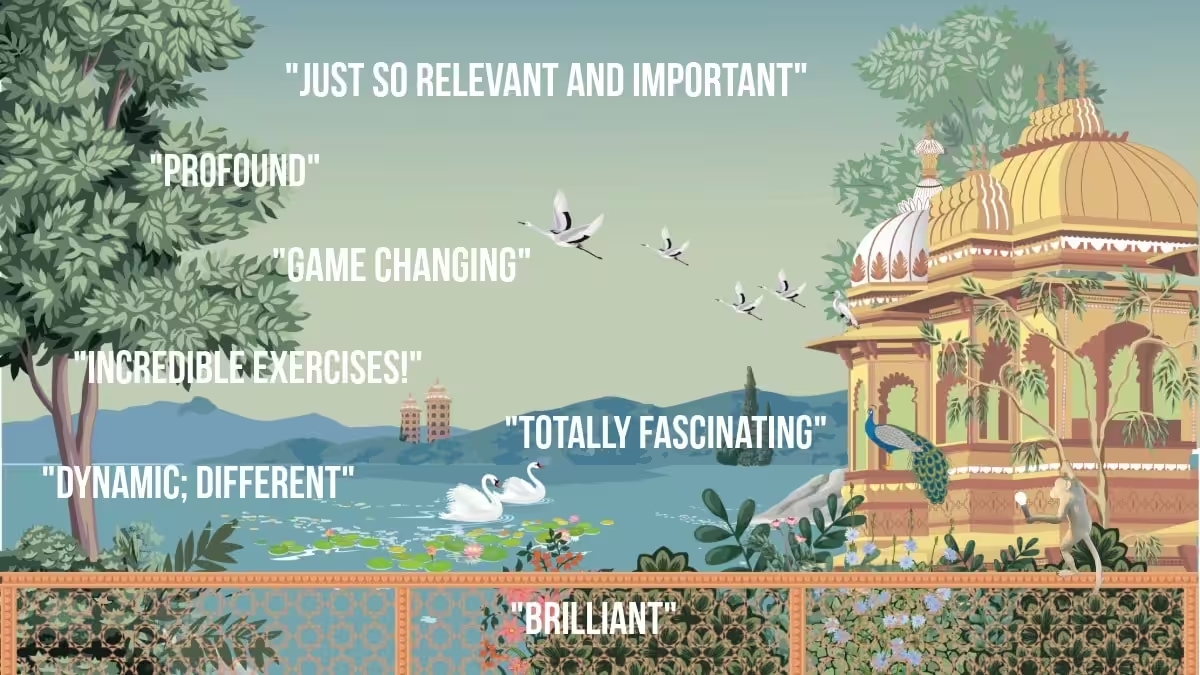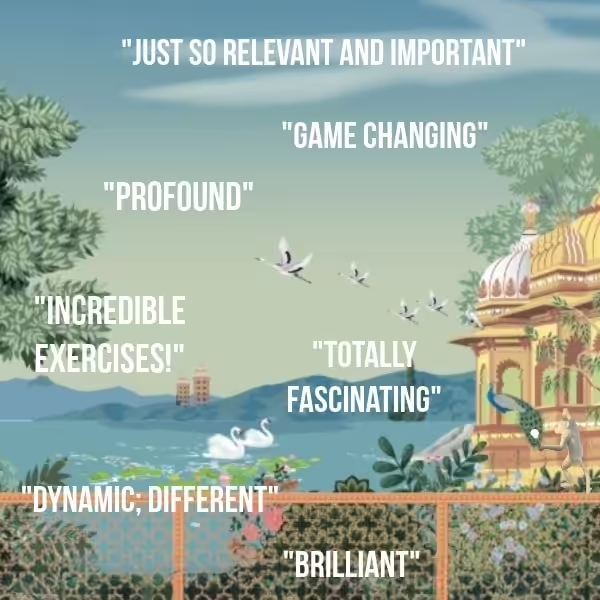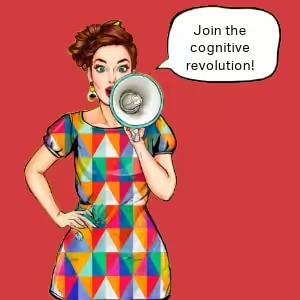Innovation Workshops
Cognitive Flexibility
Your #1 Skill to manage change and uncertainty
What You Will Get
Core Focus Areas
We offer in-house courses and workshops, lasting from a few hours to a few days, depending upon your needs. These can be combined with follow-up individual or team coaching for maximum impact and implementation and use of tools and techniques.
Most of our work fits into the following broad categories. But our modular approach is entirely transferable across sectors, themes and issues, since we use the same brain whatever we are doing.
Our Approach
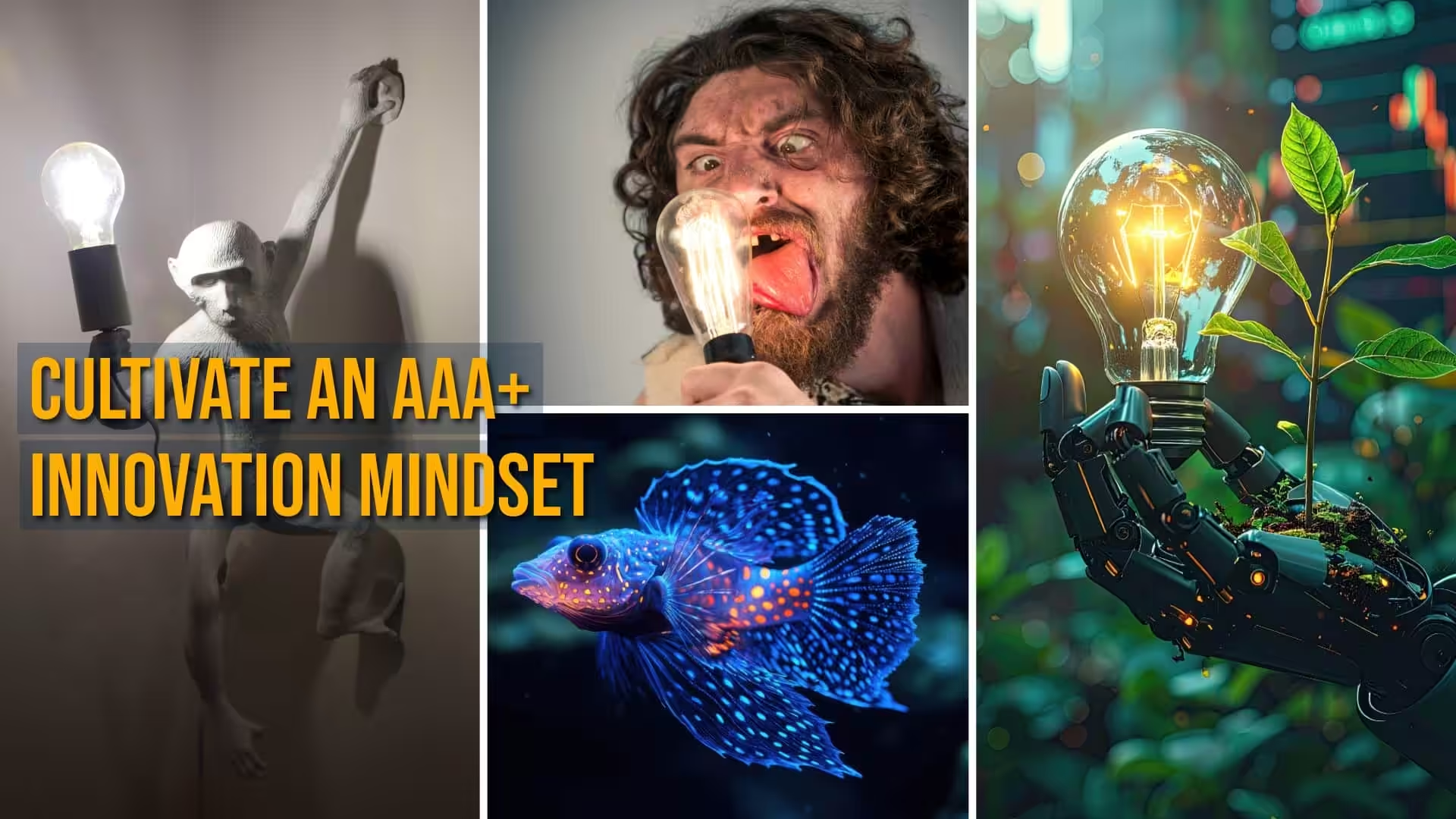

Our unique workshops are highly experiential, combining cutting-edge theoretical background with practical tools and techniques. They are also surprising and enjoyable, as they go far beyond learning a new ‘skill’, transforming how we see the world and ourselves as we explore just how astonishing our brains really are.
We do not seek to replace your existing innovation practices or systems. Rather, to boost them by supporting people to explore new cognitive tools and practices to embrace, respond to and promote change.
Our workshops draw on the AAA+ Innovation Mindset Framework, a structured approach to understanding and boosting individual, team and organisational innovation. How explicitly we use the AAA+ Framework versus focusing on practical tools depends on your specific needs.
Stay informed about upcoming public workshops — sign up to our mailing list at the bottom of the page.
Typical Workshop Contents
Below are topics or lenses that we typically use in our workshops, all of which are accompanied by practical tools and techniques to bring them alive.
Which are used will depend upon the focus of your workshop.
An Innovation Mindset
Innovation is not just a process to be managed — it’s a mindset that shapes daily activity. We de-mythologize the layers of innovation, creating an environment that embraces creativity and fosters change.
Participants will:
- Explore innovation as a mindset, not just a set of tools
- Understand how their thinking shapes daily choices and actions
- Foster a culture open to creativity and experimentation
Our Predictive Brains
The brain is a “prediction machine,” constantly comparing its model of the world with reality to reduce surprises. This simple principle has profound implications for how we respond to change, both individually and collectively.
Participants will:
- Learn how prediction shapes perception, decision-making, and behavior
- See how predictive processes create opportunities for innovation
- Apply this understanding to personal and team problem-solving
Embodied, Embedded, and Enactive Cognition
Brains are not computers. Cognition is deeply embodied and adaptive, rooted in our biology. Treating it as abstract or mechanical limits our natural innovation capacity and affects motivation and well-being.
Participants will:
- Understand how embodiment influences thinking and action
- Recognize the limits of purely mechanical models of cognition
- Explore strategies to leverage adaptive, embodied intelligence
Radical Curiosity
While the brain seeks to minimize surprise, change happens in moments of uncertainty. Innovation requires balancing existing expertise with the courage to explore the unknown.
Participants will:
- Embrace uncertainty as a source of insight and learning
- Develop techniques to explore the unknown safely and productively
- Balance expertise with curiosity to find new ways of doing things
Agency
Our sense of agency — what we believe we can influence — underpins both well-being and innovation. A strong sense of agency provides the structure to envision and enact future possibilities.
Participants will:
- Strengthen their personal and collective agency
- Identify hidden blockages to innovation
- Learn to expand perceived possibilities and influence
State Change: Beyond Positive Thinking
Internal states — energy, motivation, openness, focus — shape how we perceive the world and the opportunities available. Managing state effectively is critical for personal and organizational performance.
Participants will:
- Recognize the impact of physiological and psychological states on thinking
- Explore strategies to manage energy, focus, and motivation
- Cultivate states that support creativity and engagement
Changing Perspectives and Modes of Thinking
Cognitive flexibility is essential to avoid rigid thinking. Awareness of context and deliberate switching between different mental modes enhances problem-solving and innovation.
Participants will:
- Develop awareness of different thinking modes
- Learn to adapt approach to fit task, context, and team
- Break rigid patterns and expand perspective
Teamwork and Communication
Innovation is inherently collaborative. Understanding how brains cooperate – and why miscommunication happens – is essential for effective team innovation (Theory of Mind).
Participants will:
- Strengthen collaboration and shared understanding
- Navigate complex social dynamics in teams
- Apply communication strategies that support innovation
Imagination and Planning
Imagination and planning are complementary processes that help us anticipate and resolve uncertainty about the future. Leveraging both allows for more strategic, coherent action.
Participants will:
- Harness imagination to explore possibilities
- Plan effectively while remaining adaptable
- Integrate creative foresight into decision-making
Insight and “Aha” Moments
While most innovation results from patient trial and error, moments of deep insight are transformative. These often emerge when our mental models relax, such as during rest, sleep, or reflection.
Participants will:
- Understand the conditions that foster insight
- Learn to create environments where “aha” moments are more likely
- Integrate new connections and insights into practice
The Brain Innovation Project
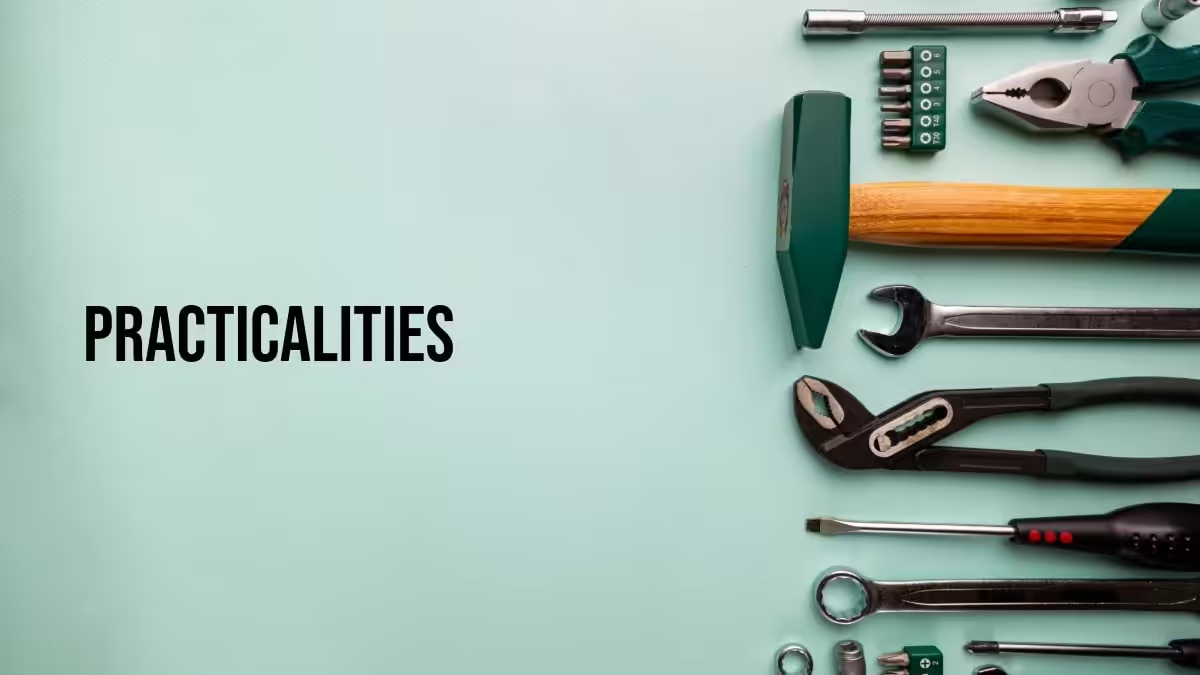
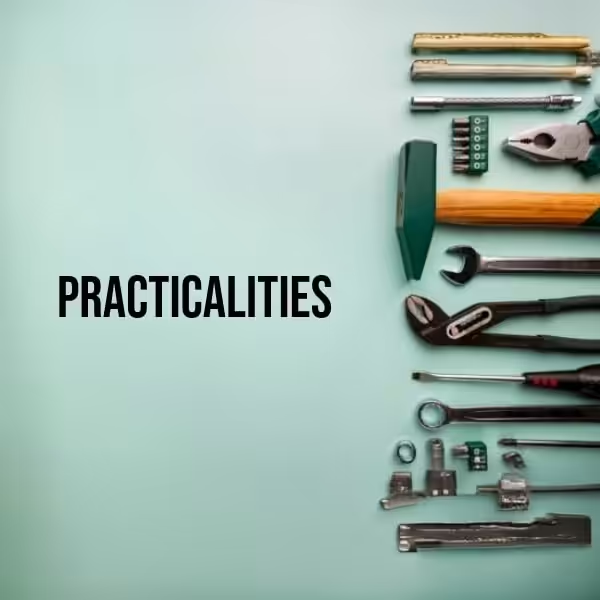
Who Are The WORKSHOPS For?
Workshops are suitable for all individuals and teams from leadership teams to young professionals and from social change agents to researchers and academics. While each workshop is tailor-made to the specific audience, the underlying approach is cross-cutting and adaptable to different topics, issues and sectors.
Where are they held?
Workshops are offered as in-house training opportunities, hosted by you. They can be either in-person or online. However, given the limitations of online interaction, only relatively short introductory courses are recommended in an online format.
How Long are They?
The length depends upon what you want to accomplish and how much time you have. They can last from a few hours to a few days, depending on how much depth you wish to go into.
How Much Do They Cost?
All workshops are designed to meet your specific requirements. Please contact us for a quote.
Do You Do Public Workshops?
Yes. We also run workshops which are open to everyone. Please sign up to our mailing list at the bottom of the page to keep informed about dates and topics.
Practical. Powerful. Enjoyable. Surprising.
What Others Say
From leadership teams to diverse organisations across the globe, here are some things people who have worked with us say.
